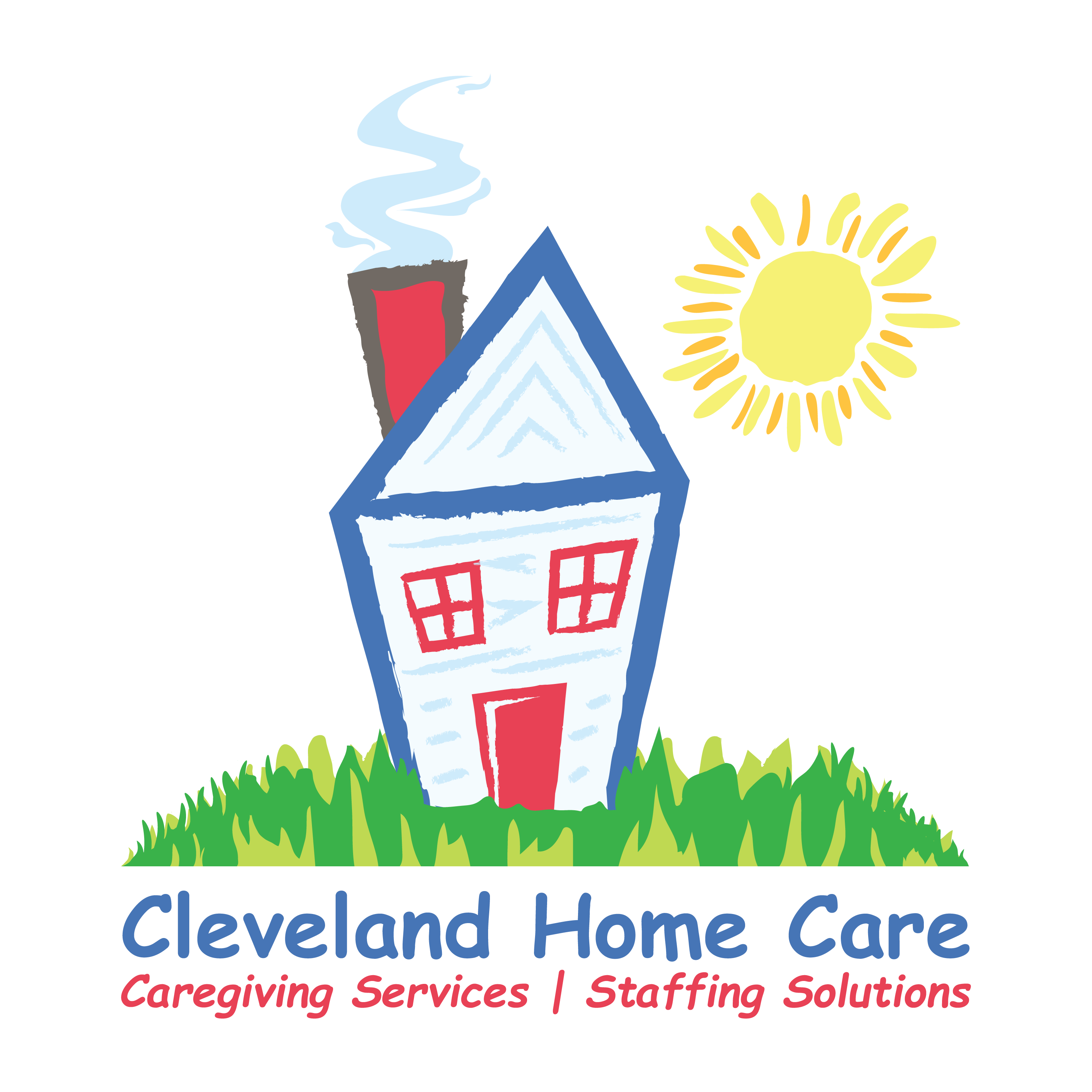
Does Aging Well Depend More on Routine Than Motivation?
Motivation gets a lot of credit in conversations about aging well. We hear phrases like “stay motivated,” “keep pushing,” or “don’t give up.” But after years of working alongside older adults in their homes, supporting daily movement, safety, wellness, and independence, I have come to a quieter conclusion. Aging well depends far more on routine…

How Is Loneliness Quietly Connected to Physical Decline in Older Adults?
Loneliness does not announce itself loudly. It does not arrive with clear symptoms or urgent warnings. It settles in quietly, often disguised as routine, independence, or even strength. Yet after years of working closely with older adults through home care, mobility support, wellness planning, and everyday conversations, I have learned that loneliness is one of…

Why Is February the Easiest Month for Seniors to Reset Habits Without Pressure?
January often arrives loud and demanding. Everywhere you look, there are resolutions, goals, challenges, and promises to become a “new you.” For seniors, that noise can feel overwhelming rather than motivating. By the time February arrives, something shifts. The rush settles. Expectations soften. And suddenly, change feels possible again. After years of working with older…

What Does Heart Health Month Reveal About the Emotional Side of Aging We Rarely Talk About?
Heart Health Month usually brings familiar conversations. Cholesterol numbers. Blood pressure readings. Diet charts. Exercise reminders. All important, all necessary. But after years of working closely with older adults in their homes and daily routines, I have learned that heart health is not only physical. It is emotional in ways we rarely acknowledge, and February…

Is Love More Than Romance When It Comes to Senior Health and Longevity?
When we hear the word love, most of us think of romance. Flowers, anniversaries, holding hands, Valentine’s cards. But when it comes to senior health and longevity, love looks very different. It is quieter. It shows up in routines, patience, presence, and care that often goes unnoticed. After years of working closely with older adults…

Why Does February Make Seniors Rethink What “Living Fully” Actually Means?
February has a quieter energy than January. The rush to reinvent life has faded, and the year has settled into something more honest. For many seniors, this month brings reflection rather than resolution. It becomes a time to reassess what “living fully” actually means at this stage of life. As someone who works closely with…

What Does “A Good Year” Mean Later in Life?
When we are young, a “good year” often seems simple. It might mean acing an exam, getting a promotion, traveling to a dream destination, or buying something we’ve wanted for a long time. We measure a year by achievements, milestones, or external events that make life feel exciting. But as we grow older, the meaning…

What Weigh-In Day Actually Says About Our Relationship With Our Bodies
Every January, people talk about fresh starts, motivation and healthier habits. But tucked into all the noise of resolutions is something quieter and more emotional. National Weigh-In Day and Healthy Weight Week. On the surface, these days look simple. Step on the scale. Get a number. Make a plan. But as someone who runs a…

Why Do Seniors Reflect More Deeply in January Than Any Other Month?
January feels different for older adults. The pace slows. The house is quieter. The calendar opens up. After the activity of the holidays, many seniors find themselves with more time to notice how they truly feel. After years of working closely with seniors in their homes and daily routines, I have learned that January is…

How Can Small Daily Movements Quietly Protect Aging Bodies in February?
February does not arrive with loud promises. It settles in gently, often cold and slower, asking the body to move at a different pace. For many older adults, this month becomes a quiet test. Energy dips. Joints feel stiffer. Motivation fades faster than usual. And yet, February is also when small daily movements matter the…
Contact Cleveland Home Care
To learn more about the services we offer here at Cleveland Home Care, contact us today at (440) 669-8121.
